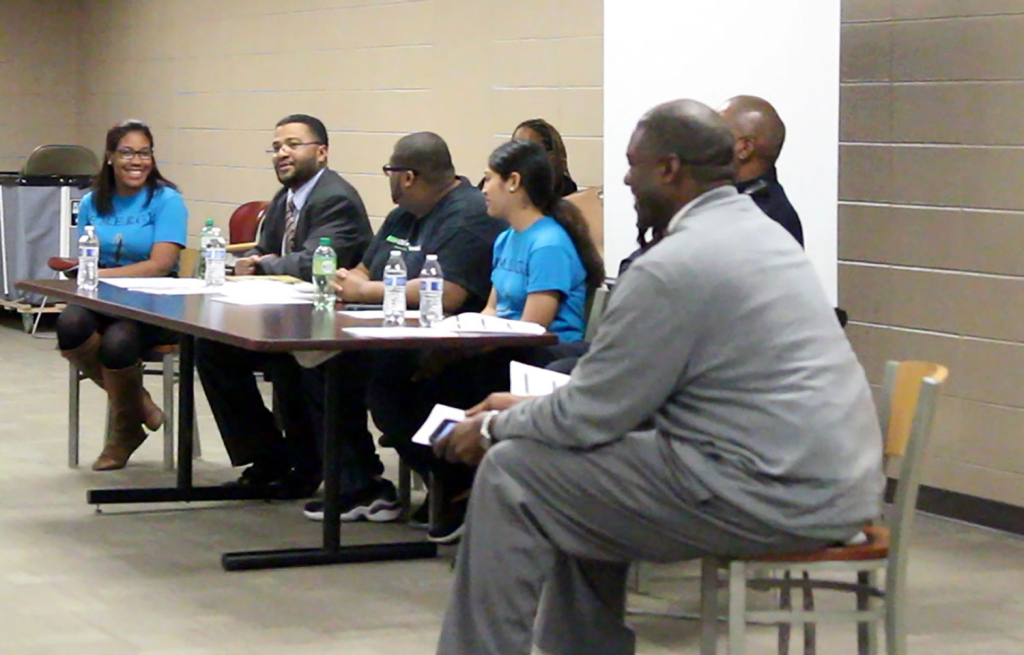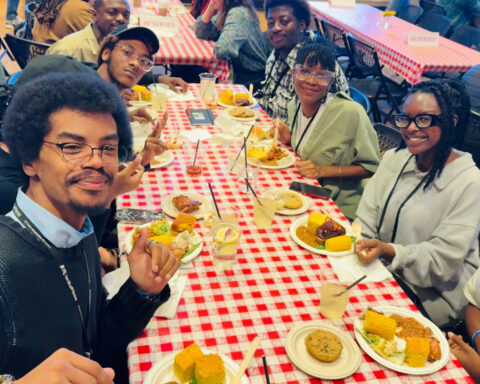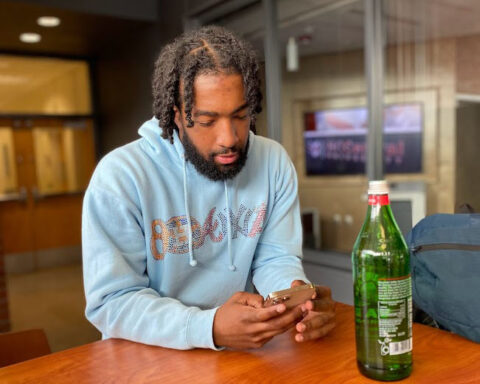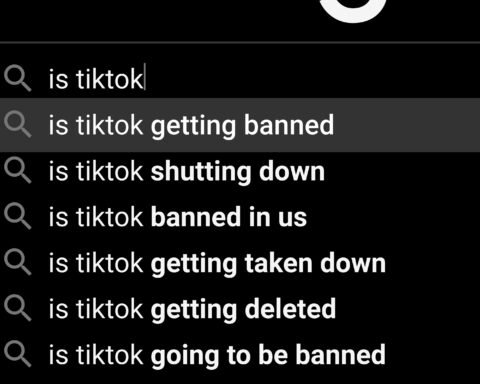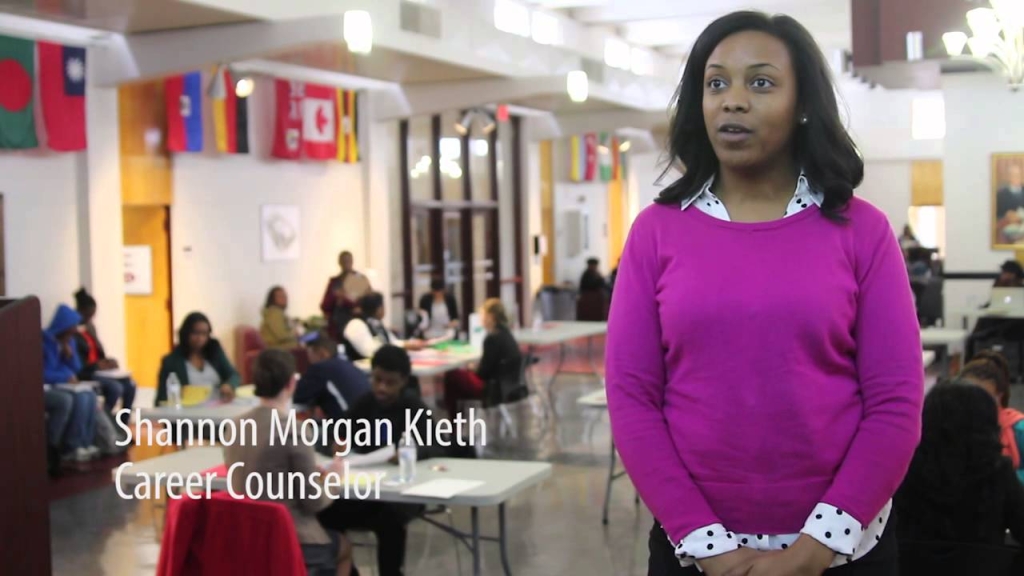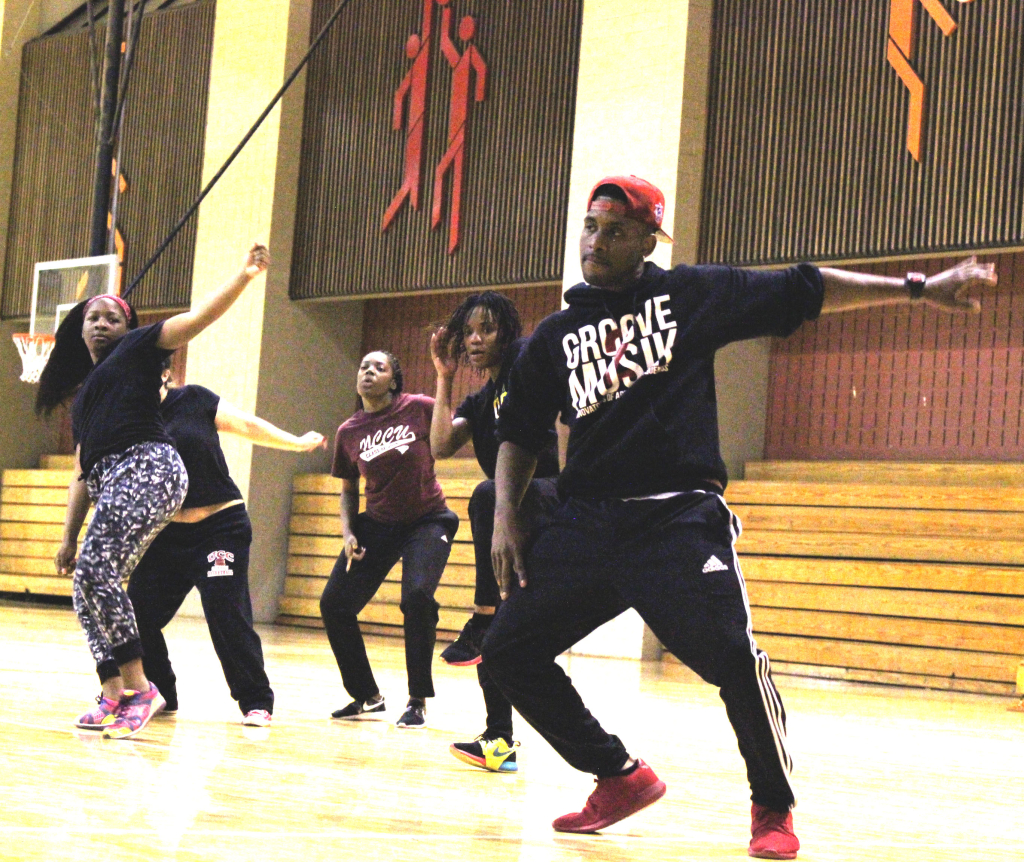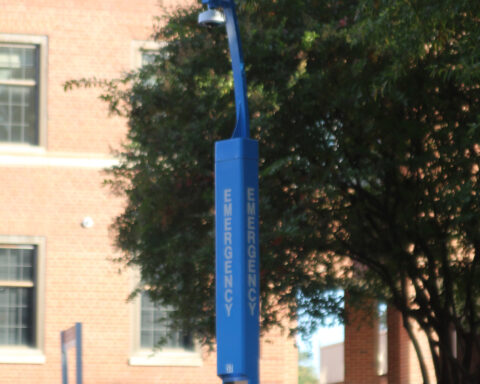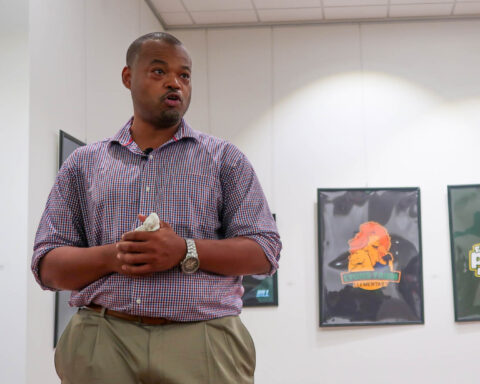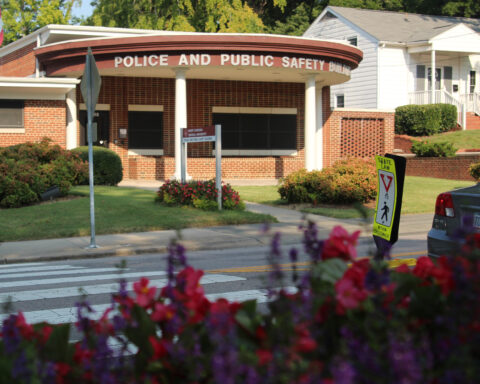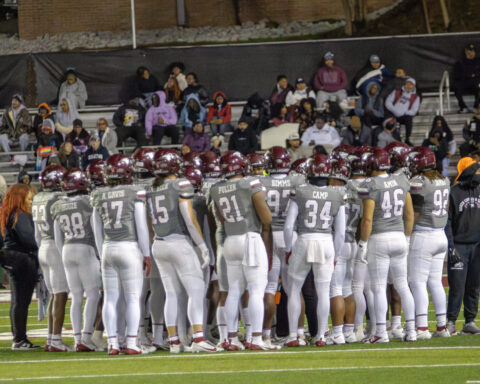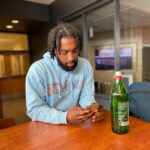Snap chat, Instagram, Twitter, Facebook – everyone’s using these popular social media accounts. They’re free, they’re fast, and they’re fun. Another thing they have in common is that they can mess up your life.And how they can mess up your life was explored in a Tuesday evening N.C. Central University panel session “It goes down in the DM,” sponsored by EMERGE, the Women’s Center, the Men’s Achievement Center and Campus Police.
About 30 students attended the event in Baynes Residential Hall. According to PewInternet social media accounts have increased by 65 percent the last ten years.
At the event, Philina McCray, EMERGE president, introduced the topic of “Sliding in the DMs,” or direct messaging someone, trying to flirt or get their attention.
For some, it can be flattering and turn into a relationship, but for others, it can develop into a nightmare. If someone is continuously trying to get your attention on social media, it can turn into online harassment.
Of course, you can always block them, but what happens when they keep popping up under different accounts? That is when the harassment turns into something much more concerning – cyber stalking.
N.C. Central University police officer Joseph Wadlington provided tips to avoid being cyber stalked. “Only accept friend requests from people you know and trust.
Adding strangers to the mix is how things go awry,” he said. Wadlington advised students not to post their current location, but to post after events so they can’t be located.
He advised that cyber stalking can often escalate to real stalking. He also said that it is imperative for students to know their state’s laws on cyber stalking and harassment.
After this initial discussion, McCray, acting as moderator for the program, asked the panel and audience some questions. One of the most interesting ones was “Has the art of physical interaction been lost in the wave of technology?”
Some audience members said it depends on the person. McCray, who works as a waiter, remarked that she often sees families at her restaurant so busy on their smart phones that they seldom talk to each other.
According to panelist Jonathon Livingston, NCCU psychology associate professor, people often write things online that they wouldn’t normally say in person. “People don’t feel the same fear online as they do in person.”
Panelist James Davis, a network technician with NCCU’s information technology services, explained that it’s not just potential employers who might check social media to get information about students, even college administrators might.
For example, your profile might be checked by individuals who award grants and scholarships. Davis also warned that a deleted post is not really deleted. “If the server of the social media site is contacted, anything you’ve ever posted can be retrieved,” he said.
Davis had this final word of caution to students: When someone Googles your name, it will be your social media presence that pops up first.

